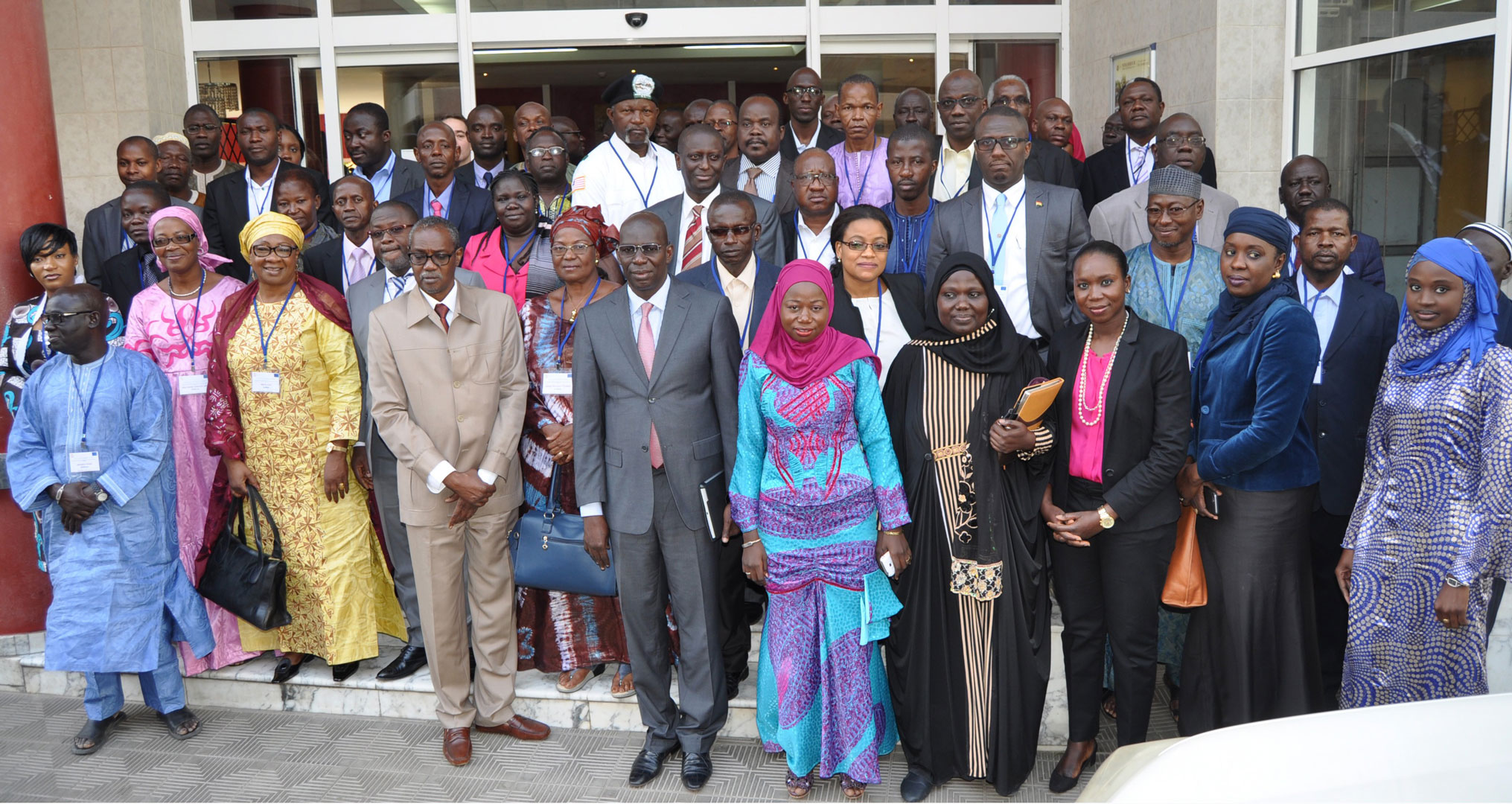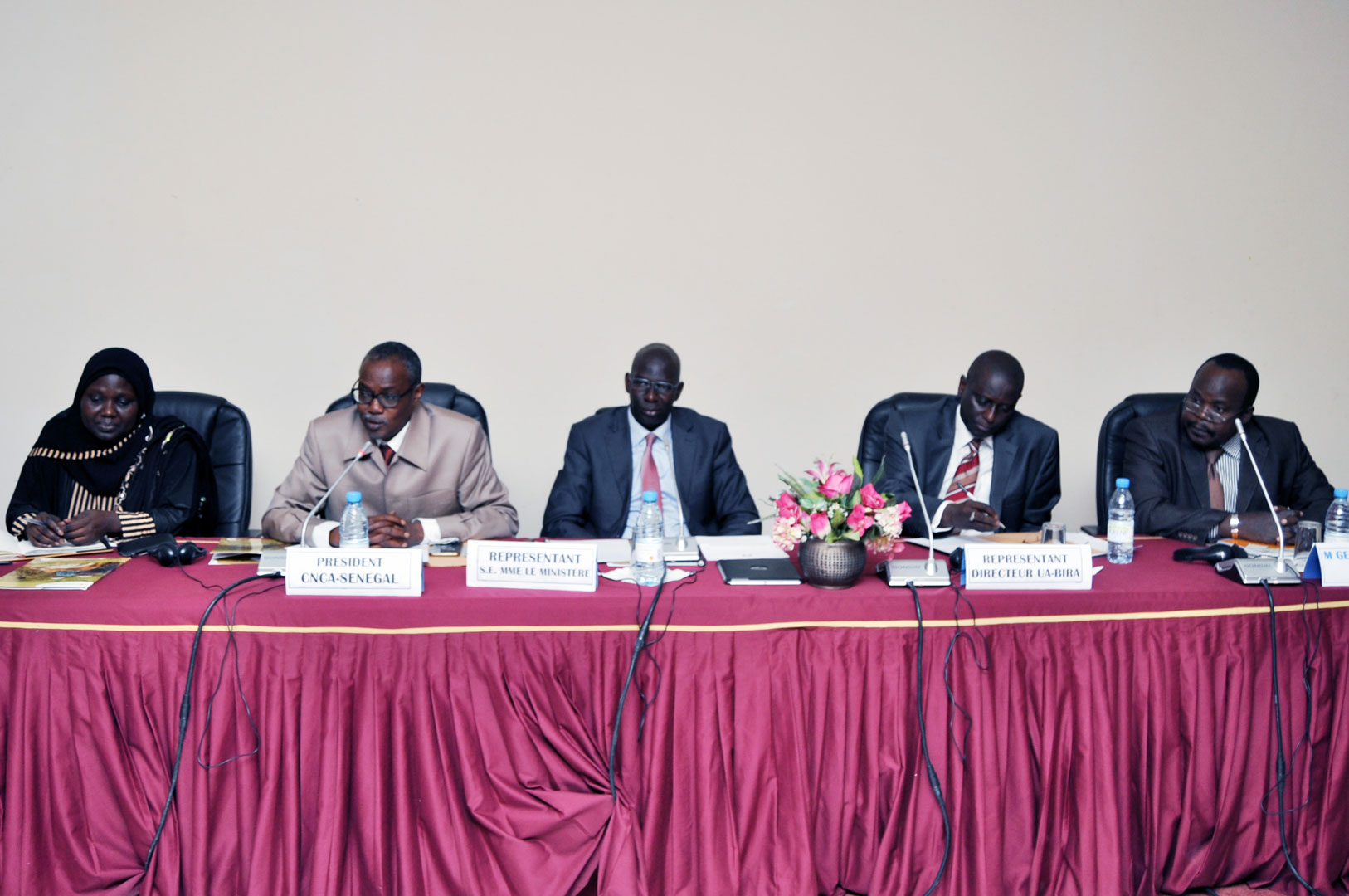
From 21 to 23 December 2015, a regional workshop on the establishment of a network on SPS and Food safety for ECOWAS member countries was held in Dakar, Senegal and organized by AU-IBAR under the scope of the project Participation of African Nations in the Sanitary and Phytosanitary standard setting organizations (PANSPSO-Project).
The objectives of the workshop are:
- In general, to establish a network of ECOWAS countries that are involve in sanitary and phytosanitary and food safety activities and create a synergy of actions in this domain.
- And specifically
- To strengthen national Codex Alimentarius Committees;
- To enhance the participation of countries in the various meetings of the Codex Alimentarius Commission;
- To create synergy of actions to pursue a coherent and harmonized policy of food safety in line with the concerns of the West African region.
Over fifty participants at the workshop were National Codex Contact Points and officials of ministries in charge of Codex, actors performing important functions relating to sanitary and phytosanitary issues, representatives of consumers associations.

Fourteen African Delegates from Benin, Burkina Faso, Côte d’Ivoire, The Gambia, Ghana, Guinea, Guinea Bissau, Liberia, Mali, Niger, Nigeria, Senegal, Sierra Leone, Togo, five observer organizations were in attendance namely the Economic council of Senegal representative, a member of the Parliament, Representative of Luxemburg’s Embassy, representative of France’s Embassy, FAO, WHO, African Union Commission (department of DREA and Social Affairs), ECOWAS, UEMOA, etc.
The following recommendations were adopted:
- Engagement of ECOWAS country member to create well-structured national codex committee
- Creation/establishment of a network of codex alimentarius of ECOWAS countries member
- Establishment of a secretariat that will be led by a specific country
- Nomination of a focal person at ministry level to ensure proper coordination ad facilitation between the codex contact point
- Adoption of codex norms in the interest of country
- Creation of documentation and information center
- Establishment/strengthening of a national monitoring and surveillance system
- Synergy of actions with the existing mechanisms and framework at national and regional levels for the capitalization of success stories
- Conduct a lobbing and strong engagement of the politic to ensure proper functioning of the codex committees and SSA
- Involve the network of consumer association in the codex activities at national and regional levels
- Establishment of a rapid alert system in line with the INFOSAN to strengthen food control and prevention of Alimentary and Community of toxins and infection (TIAC)
- Creation of experts’ network
- Involvement of the private sector
- Request the ECOWAS commission for the establishment, support and sustainable functioning of the network of actors involve food safety and codexx activities
- Engagement of member countries to contact the ECOWAS commission by addressing a common letter to request for financial support for holding an annual meeting of all codex contact point in the region. This meeting should be held before the commission meeting in June-July.
- Establishment of think tank group on the composition and modalities for the functioning of the network
